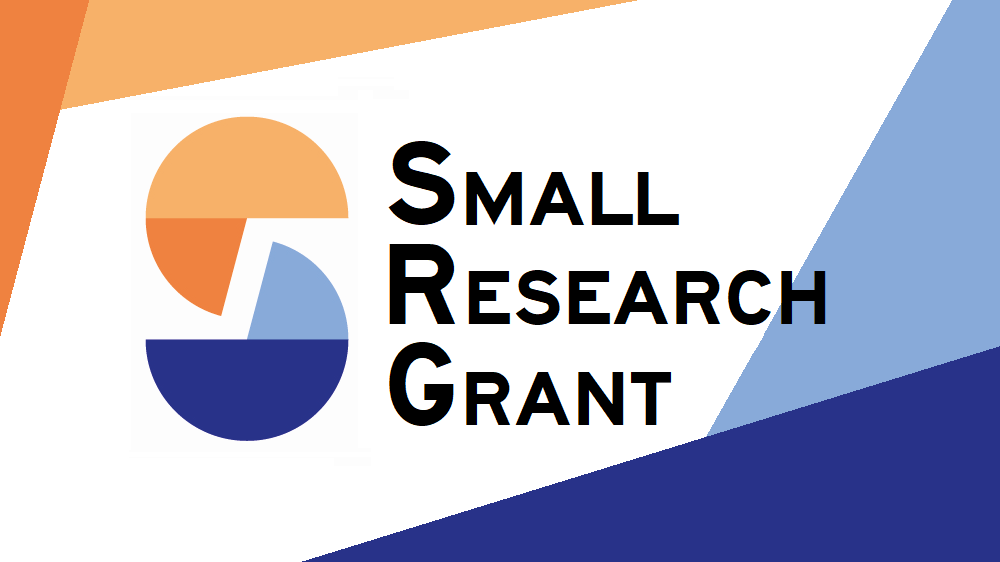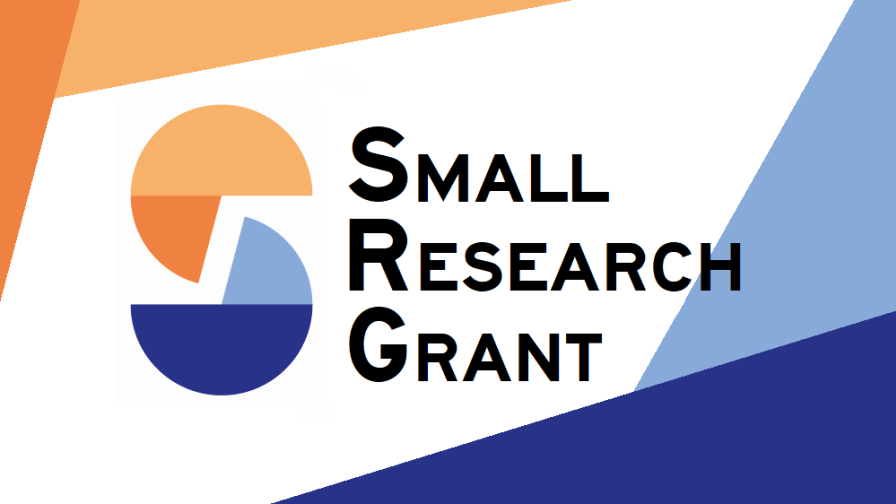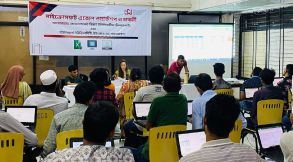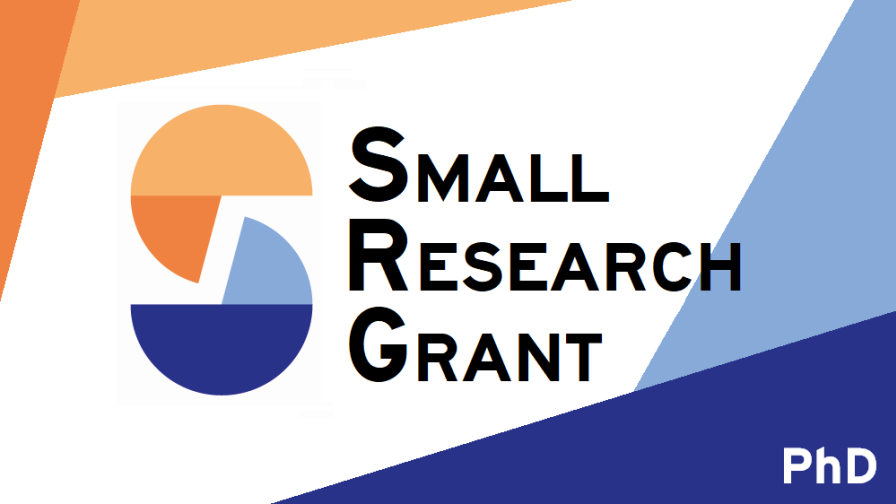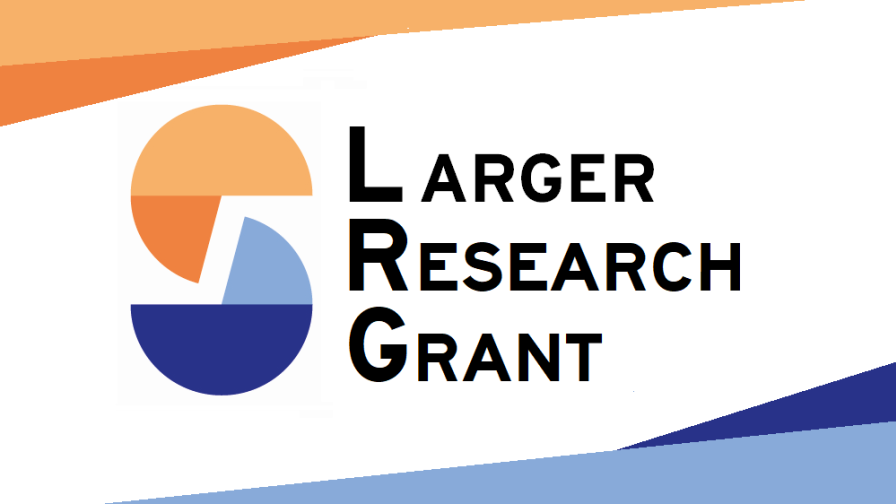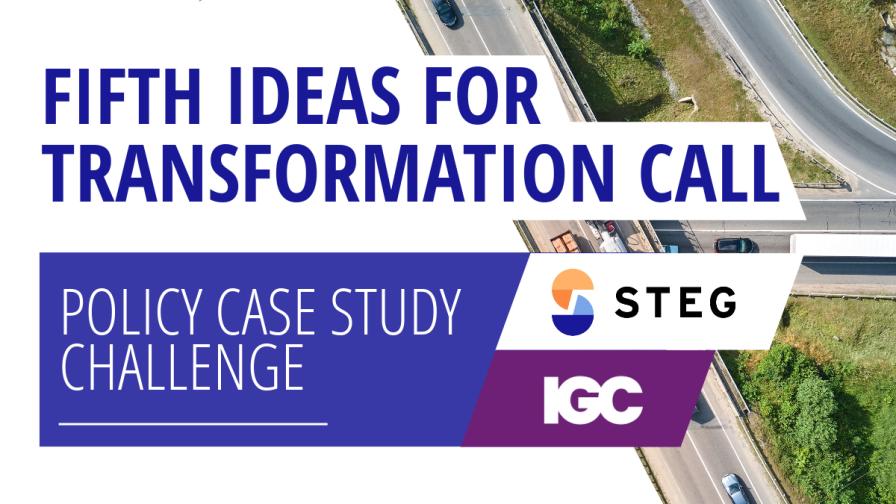While informality and multinational corporations attracted through generous tax breaks are both prevalent in the developing world, little is known about the interaction between them. Much of the previous research in this area has relied on data that tracks the formal economy and has therefore largely ignored the widespread informality in these countries. This project studies the impact of the entry and expansion of multinationals on informality in the context of Mexico and conjectures that the effect of multinationals on informality is ambiguous. On the one hand, the entry and expansion of multinationals creates formal jobs, thereby reducing informality. On the other hand, their increasing presence could reduce formal domestic employment via competition effects in the labour and product markets or by shifting the composition of employment away from low-skilled workers in the formal economy.
The researchers first assemble a rich administrative panel that tracks, among other outcomes, informality rates at the sector-commuting zone level. They then empirically estimate the effect of multinational corporations on informality. To manage endogeneity caused by simultaneity and omitted variables, such as unobserved productivity shocks to particular sector-commuting zone units, the researchers propose an instrumental variable design that leverages the global expansion or contraction patterns of multinational corporations with an affiliate in Mexico. Finally, the researchers build a structural model that incorporates the informality margin to quantify the effects of place-based policies in countries with high informality.
Informality rates in Mexico are high, with more than 55% of its workforce and 75% of its establishments being informal. Not only is there is enormous heterogeneity in informality and living standards across Mexican regions but the availability of rich microdata on informal workers and establishments and the variation in multinational presence across time, sectors, and space allows for a rigorous analysis of the research question. The lessons from the work will be relevant to a large number of countries that have high informality rates, including many in sub-Saharan Africa. Additionally, many of these countries are increasingly recipients of foreign direct investment, often at the encouragement of tax breaks or other incentivised policy. Understanding whether attracting multinationals’ investment could bring costs (or benefits) to the informal sector is critical to the continuance and refinement of these policies.
